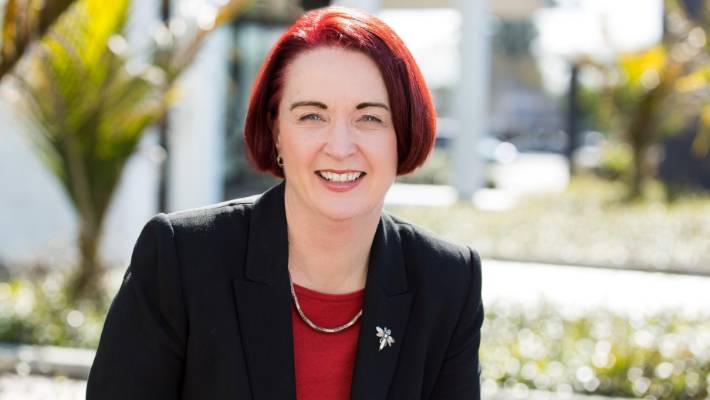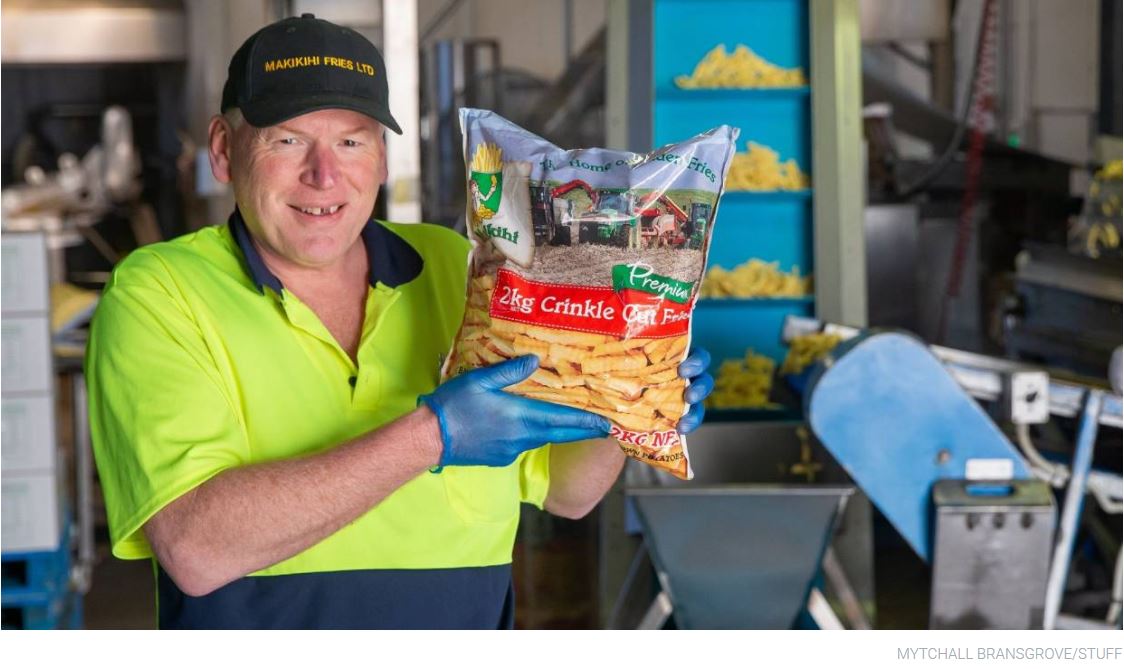 Labour MP Deborah Russell landed herself, probably quite unintentionally, in a bit of controversy a couple of weeks ago, when she asked questions at the Covid-19 Select Committee. I believe her intentions were to ask questions in support of small businesses that are facing very difficult financial challenges already, and will worsen for many over the coming months.
Labour MP Deborah Russell landed herself, probably quite unintentionally, in a bit of controversy a couple of weeks ago, when she asked questions at the Covid-19 Select Committee. I believe her intentions were to ask questions in support of small businesses that are facing very difficult financial challenges already, and will worsen for many over the coming months.
Russell was previously a Taxation academic based in Palmerston North before moving to Auckland. She has never owned or operated a small business and has little real-life understanding of what it involves. Studying tax policy is not the same as debating FBT with a tradie. Pontificating on Tax and Fairness is not the same as having to figure out how to pay all bills and suppliers on time, along with terminal tax, provisional tax, PAYE, GST, ACC and wages in the space of the next two months – all when you have no idea if the invoices you sent out last month will be paid this month.
In other words, Russell has a theoretical understanding of what makes a business successful, but zero experience of actually doing it. Considering her role as Chair of the Finance and Expenditure Select Committee, what her choice of words revealed was a breath-taking lack of judgement. Here is her direct quote:
“We are seeing a number of small businesses really struggling, after only a few weeks in a pretty bad situation, which must speak to the strength of those small businesses going into this lockdown.
“It worries that perhaps people went into small business without really understanding how you might build up a business or capitalise a business in the first place, so you have the ongoing strength to survive a setback”
The finance minister rebuked it on the spot. The opposition have shared it as an example of a Government that ‘doesn’t get’ business. And commentators have called it offensive, tone-deaf, and arrogant. The PM clarified that she ‘does not agree’.
In the context of the billions already doled out in wage subsidies, the tax package, and slowed and relaxed regulations, it can be said that a lot has been done to help businesses get through this crisis. It can also be expected that some won’t survive.
But what sort of “setbacks” were businesses supposed to be built strong enough to withstand? Did anyone on the face of the earth say: ‘we need to plan for shutting down operations and having no income for weeks at a time, while still paying interest and wages and leases and suppliers’?
No.
The word “unprecedented” has been used a lot lately. That’s because the policy response to Covid-19 is completely unprecedented. Pandemics have happened before. Closing borders and shutting down economies has not. So it’s a bit rich for Deborah Russell to be victim blaming businesses for not being prepared for something literally nobody was prepared for. She’s effectively saying that if a business fails it’s their own fault.
Under usual circumstances that may be true. Under these circumstances, some businesses may be less capable of holding up. But most didn’t already have problems, they were simply unaware of how vulnerable they were (to the effects of something that has never happened before). The vast majority, though, are getting through, some have pivoted and thrived, and some have even opened.

Makakihi fries overcame a drop in demand from commercial buyers by selling into the supermarkets
Before the virus hit us, confidence was up. 2020 was not just a new year, it’s a new decade. It’s going to be a decade of growth (note deliberate continued use of present tense). Around here we’re going to get new roads and bridges and buildings. Railyards and a freight hub. Defence and health and research. Jobs and spending and (domestic) tourism. A new supermarket.
People were, and still are, making plans.
Shutting down for a month or more was not part of that planning. Our plans are typically built on that Kiwi ‘number 8 wire’ mentality and ‘she’ll be right’ attitude – that unique blend of know-how and risk taking, of confidence and creativity – which has been a big part of the New Zealand story. But it’s also what has left so many of us underprepared.
The opportunity we have is we can, and we must, learn from this. I fear the rest of NZ might not have learnt the lessons as well as the Canterbury area did following the earthquakes – heck it looks like they didn’t either. But we should be grateful that this lesson will be delivered without mass physical asset destruction and years of painful rebuilding.
While our Government has been working for decades to strengthen the country’s balance sheet, businesses and households have not. Yes, Russell needs to learn from this – her choice of words was poor. But she kinda had a point. We need to learn to be a little better prepared. We need better cash controls, flexibility in our banking, stronger terms of trade. We need to look at lease agreements, payment terms, suppliers and resources. Margins, pricing and expenses. Less debt, more reserves. The stuff that makes a good business better.
More resilient.
We can all easily accept that nobody saw this virus coming. The problem is I have heard that before, and I hear it too often. Car insurance claims often involve someone saying they never saw the other car (or the garage wall!) coming. Health and disability claims are always for things that were totally unexpected. Didn’t know that ‘that’ was coming, but we should all expect that, sooner or later, that “setback” Russell talked about, will come. And many of us need better backup planning.
The next setback is unlikely to be another virus. It could be an earthquake or a fire or a heart attack.
Perhaps it’s time to have a close look at your liability and disability insurance. Business interruption and assets. Life and health cover. At your crisis and contingency preparedness.
Be a bit more ready for whatever comes next.



